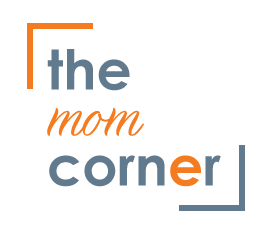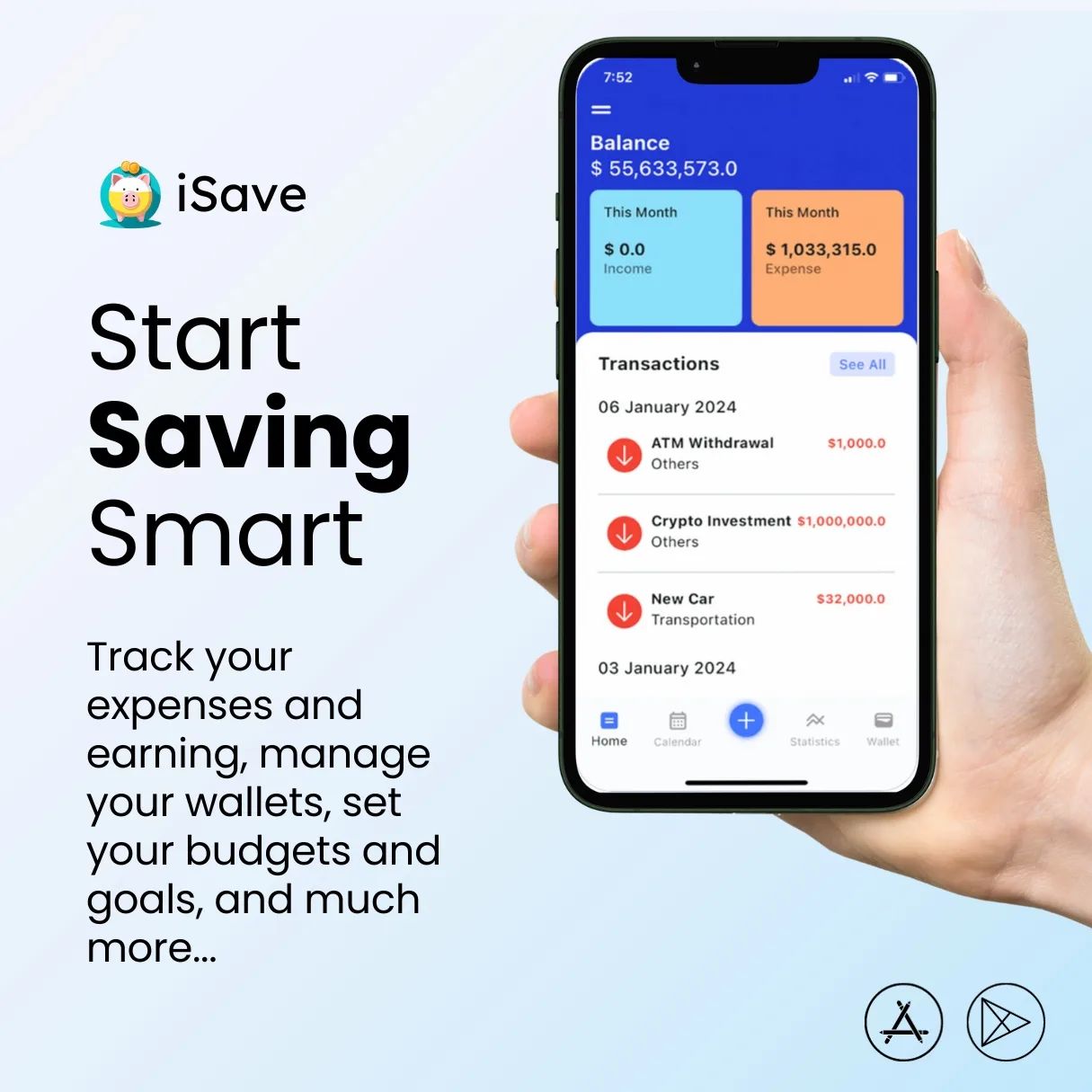Eggs are one of the most common, cheap but also super foods! In only one full egg there is around 70 calories and six grams of protein, to not even mention B12 vitamin, folate, selenium phosphor etc; all nutritional elements very important for a baby’s healthy growth and development.
BUT eggs are also one of the “scariest” foods for parents when it comes to testing it on their baby for the very time. Why? Because they are in the category of foods with a high risk of provoking an allergic reaction.
When can I give my baby eggs?
Until the 2000 official recommendations said that it is best to not introduce eggs and/or other allergens before 12 months of age. In 2008, recommendations started to shift and change, reaching to also the current ones from the AAP (American Association of Pediatrics) where they strongly suggest introducing allergens as early as the baby is ready to eat solids (6 months plus). The early introduction of eggs and other allergen foods actually lowers the chances of the baby later developing eczema and/or other allergic reactions, studies show.

How can I introduce eggs to my baby?
It is HIGHLY important that the egg is fully cooked before you can give it to your baby. You absolutely should not give a partially done egg to your baby, as the risk of Salmonella is very high.
If you do hard boiled eggs, you can mash it with some water or breast/formula milk. You can also give eggs as an omelette (beat eggs and fry) or poached. If you make them as an omelette and are doing Baby Led Weaning as a feeding method (you can read more about it here) you cn cut it into strips (wide strips at around 5 cm- two joined fingers). jashtezakonisht shume e rendesishme qe veza te jete plotesisht e gatuar kur i jepet bebit.
Introduce a very small amount at first, and after waiting a few minutes (seeing if baby has an immediate reaction) you can proceed in allowing baby to have more.
When and how often should i give my baby eggs at first?
Eggs and other allergen foods, once are introduced, it is very important that are given frequently to the baby, ideally 2-3 times per week, or at a minimum on a weekly basis, in order to allow their body opportunity to learn how to properly process them. Its highly advisable to feed them in the morning, in order to be able to properly observe the baby for the hours to come; since an allergic reaction can occur immediately or can happen after a couple of hours as well.
In the meantime try to stick to introducing one allergen at a time per week or in two weeks. So wait till you have tested it 3-4 times, making sure the baby doesn’t have a reaction to it, before you can introduce another allergen.
Studies show that waiting too long to introduce eggs, can increase the risk of the child developing eczema later on. But if your baby already suffers from eczema, or has shown allergic reaction to other foods, please properly consult with your pediatrician on the best way going forwards.
Eggs are indeed a super food, very healthy, and easily to incorporate in all sorts of recipes! I really hope the information is somewhat valuable mama. In the meantime below in references you can see the source of the information and learn a bit more on this topic if you wish!
References
Fleischer, D. (2022). Early introduction of allergenic foods may prevent food allergy in children. Retrieved 24 January 2022, from https://publications.aap.org/aapnews/article-abstract/34/2/13/24468/Early-introduction-of-allergenic-foods-may-prevent?redirectedFrom=fulltext
Introducing Allergens to Babies – Solid Starts. (2022). Retrieved 24 January 2022, from https://solidstarts.com/starting-solids/allergies/introducing-food-allergens-to-babies/
Food allergy – Symptoms and causes. (2022). Retrieved 24 January 2022, from https://www.mayoclinic.org/diseases-conditions/food-allergy/symptoms-causes/syc-20355095
Related posts
Rreth Meje
Mirëserdhet te The Mom Corner, një qendër ditore që ofron klasa mami&unë dhe programe zhvillimore te fokusuara te femijëria e hershme. Ina Xhafa, themeluesja dhe drejtuesja e The Mom Corner, ka kryer studimet e larta të nivelit Bachelor në Psikologji, në LCC International University në Lituani, dhe Masterin MPA në drejtimin Politika Edukimi, në Cornell University në New York, USA. Ka mbi 6 vite eksperiencë profesionale duke punuar me fëmijë, familje dhe adoleshentë si këshilluese dhe në fushën e edukimit si dhe ka disa certifikime si praktikuese e metodave Montesori dhe Reggio Emilia. Mbi të gjitha është bashkëshorte dhe nënë e një djali 2 vjecar, i cili është edhe frymëzimi kryesor i The Mom Corner.
Learn more



Me Ndiqni: